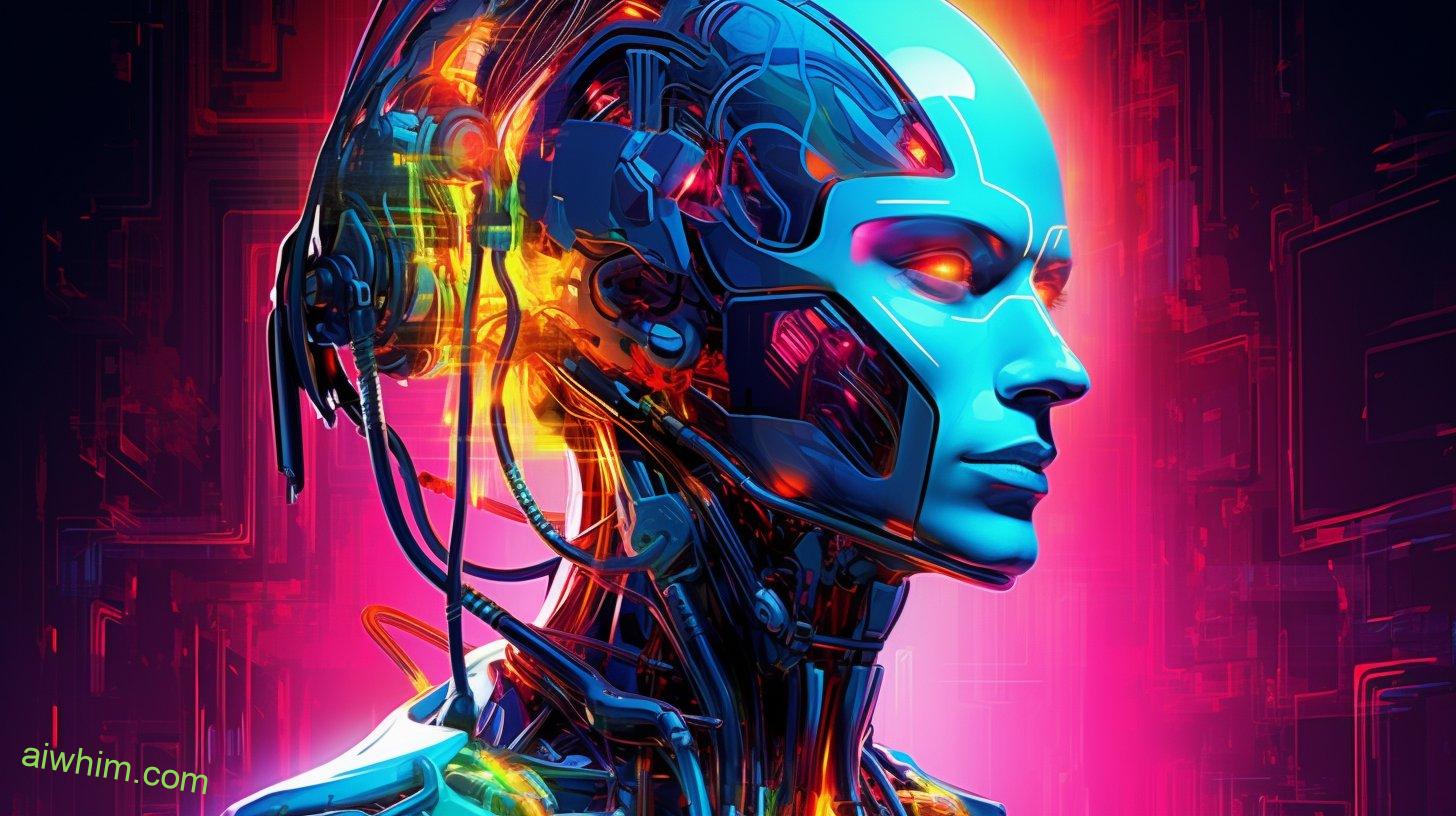Are you ready to defend your role as a social worker against the encroaching forces of AI?
In a world where automation threatens to replace human touch, it’s crucial to examine the potential impact on social work.
Join us as we delve into the concerns surrounding AI in social work, explore ethical considerations, and discuss the importance of advocacy and social justice in an AI-driven world.
Get ready to navigate the future and ensure equity in this ever-changing landscape.
Key Takeaways
- The growing influence of AI in social work is having both limitations and benefits.
- Concerns about the ethical implications, impact on vulnerable populations, privacy, and lack of human touch in AI-driven interactions are important considerations.
- AI has the potential to enhance client assessment and treatment, but ethical dilemmas regarding client privacy and the reliability of AI technology need to be addressed.
- Ethical considerations, such as the loss of human touch, bias in AI algorithms, privacy concerns, accountability, and ensuring equity and access, are crucial in AI-driven social work practices.
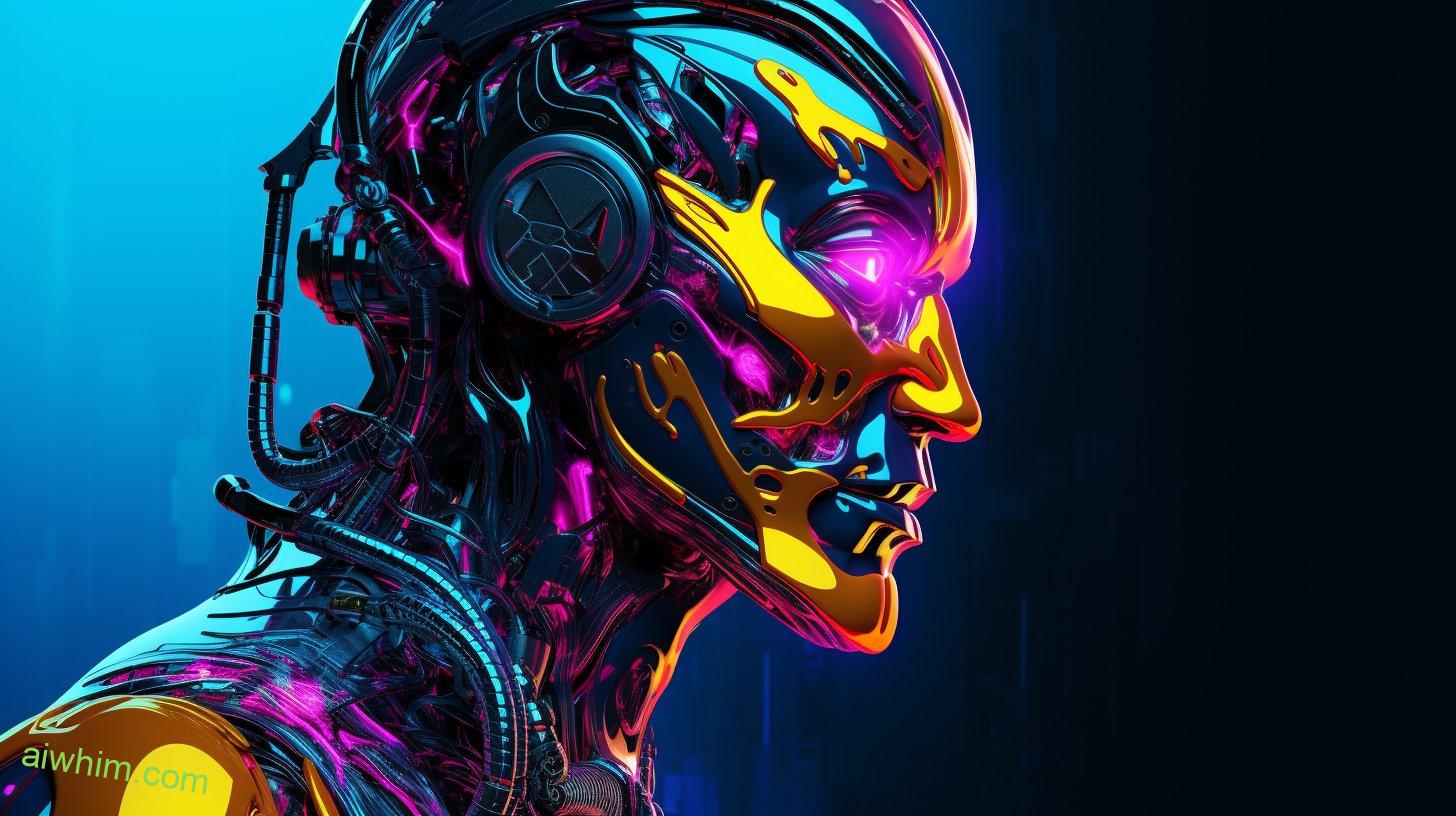
The Growing Influence of AI in Social Work
You should be aware of the increasing impact of AI in social work. As technology continues to advance, it’s essential to stay informed about the limitations and benefits of AI in this field. Examining the limitations can help us understand the potential risks and challenges that AI may pose to social workers. On the other hand, exploring the benefits can shed light on how AI can enhance and complement the work of social workers.
One limitation of AI in social work is the potential for bias. AI systems are developed based on existing data, which may reflect societal biases. This can lead to unfair treatment or discrimination in decision-making processes. It’s crucial to assess and address these biases to ensure that AI systems are fair and equitable.
However, there are also numerous benefits to incorporating AI into social work practices. AI can assist in analyzing vast amounts of data, enabling social workers to make more informed and effective decisions. It can also automate routine tasks, freeing up time for social workers to focus on more complex and meaningful aspects of their work, such as building relationships and providing emotional support.

Understanding the Concerns Surrounding AI and Social Work
Social workers must address the ethical concerns surrounding the integration of AI into their practice. As technology continues to advance, it is important for social workers to critically examine the ethical implications of using AI in their work. The impact on vulnerable populations cannot be overlooked, as the use of AI may inadvertently perpetuate existing inequalities.
| Ethical Implications | Impact on Vulnerable Populations |
|---|---|
| 1. Privacy concerns | 1. Increased marginalization |
| 2. Lack of human touch | 2. Limited access to resources |
| 3. Bias in decision-making | 3. Reinforcement of stereotypes |
Firstly, the use of AI raises concerns about privacy. Social workers have a duty to protect the confidentiality of their clients, but when using AI, there is a risk of sensitive information being accessed or misused. It is crucial for social workers to ensure that appropriate safeguards are in place to protect the privacy of their clients.
Secondly, the lack of human touch in AI-driven interactions can have a profound impact on vulnerable populations. Many individuals rely on the empathy and support provided by social workers. The use of AI may result in a loss of the human connection and understanding that is essential in social work practice.
Lastly, the potential for bias in decision-making algorithms is a significant concern. AI systems are only as unbiased as the data they are trained on, and if that data reflects existing biases or discrimination, it can perpetuate inequality. Social workers must be vigilant in addressing and mitigating bias to ensure fair and equitable outcomes for their clients.

Examining the Role of AI in Client Assessment and Treatment
AI’s role in client assessment and treatment is becoming increasingly important as social workers navigate the integration of technology into their practice. As a social worker, you understand the value of utilizing AI in your work. It can enhance your ability to assess and treat clients, making your job more efficient and effective. However, with this increased reliance on AI, there are also concerns about client privacy and ethical dilemmas that need to be addressed.
One of the main ethical dilemmas surrounding AI in social work is the issue of client privacy. As you incorporate AI into your practice, you must ensure that client information is kept confidential and secure. AI systems have the potential to collect vast amounts of personal data, and there’s a risk that this information could be accessed or used inappropriately. It’s important to implement safeguards and protocols to protect client privacy and adhere to ethical standards.
Additionally, the use of AI in client assessment and treatment raises questions about the reliability and accuracy of the technology. While AI can provide valuable insights and assist in decision-making, it’s crucial to remember that it isn’t infallible. As a social worker, you must use your professional judgment in conjunction with AI tools to ensure the best possible outcomes for your clients.
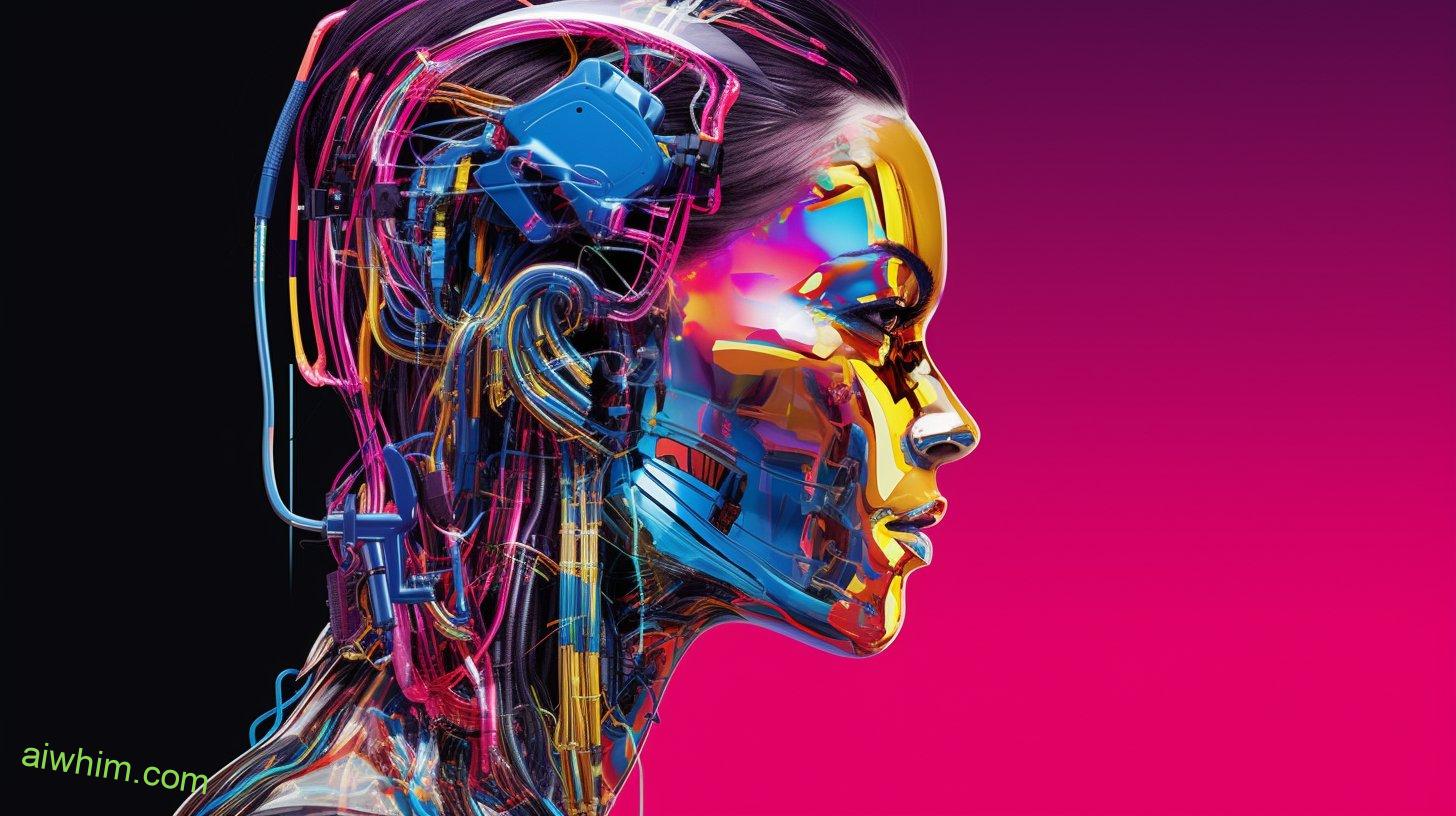
Ethical Considerations in AI-Driven Social Work Practices
When considering the integration of AI into social work practices, it’s essential to address the ethical implications surrounding the use of this technology. As social workers, you play a vital role in advocating for the rights and well-being of individuals, families, and communities. The introduction of AI raises important questions about privacy concerns and the potential impact on the human connection that’s at the heart of social work.
Here are some bullet points to consider:
- Loss of human touch: AI technology may streamline processes and increase efficiency, but it also risks diminishing the essential human touch that social workers bring to their practice. The personal connection and empathy that you provide can’t be replicated by a machine.
- Bias and discrimination: AI algorithms are only as good as the data they’re trained on. If the data used to train AI systems contain biases, it can perpetuate discrimination and amplify existing inequalities. It’s crucial to ensure that AI is used in a way that promotes fairness and justice.
- Privacy concerns: Collecting and analyzing vast amounts of data is an integral part of AI. However, this raises concerns about the privacy and confidentiality of individuals’ information. It’s essential to establish robust safeguards to protect the privacy rights of clients and ensure their consent is obtained for the use of their data.
- Accountability and transparency: AI systems are often complex and opaque, making it challenging to understand how decisions are made. The lack of transparency can undermine trust and accountability. It’s imperative to design AI systems that are explainable and provide clear justifications for their decisions.
- Equity and access: While AI has the potential to improve service delivery, there’s a risk that it may exacerbate existing inequalities. It’s crucial to ensure that AI is accessible to all individuals, regardless of their socioeconomic status or technological literacy.
As social workers, you have a responsibility to critically examine the ethical implications of AI and advocate for the protection of your clients’ rights and well-being. By engaging in thoughtful discussions and actively participating in shaping AI-driven social work practices, you can ensure that this technology is used ethically and in a manner that upholds the principles of social justice and freedom.
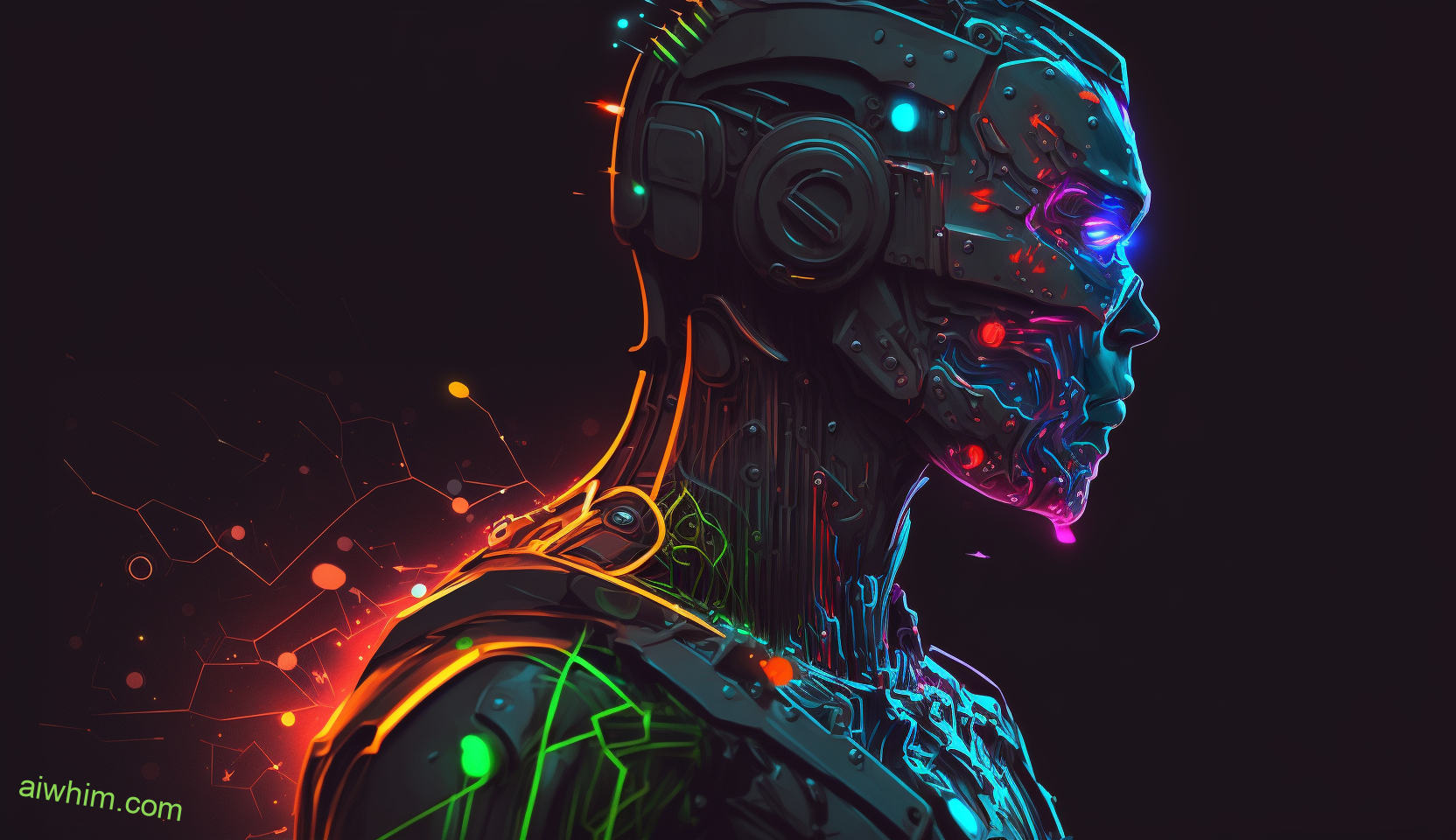
The Potential Impact of AI on Social Work Education and Training
As you explore the potential impact of AI on social work education and training, it’s important to consider the ways in which this technology can enhance and transform the learning experience for future social workers. AI has the potential to revolutionize social work education by offering personalized learning experiences tailored to individual students’ needs. With AI-driven platforms, students can access interactive simulations, virtual reality experiences, and real-time feedback on their progress. These technologies can provide a more engaging and immersive learning environment, allowing students to develop essential skills and knowledge in a dynamic and interactive way.
However, as with any technological advancement, there are potential challenges and future implications to consider. One of the main concerns is that AI may replace human interaction and empathy, which are crucial aspects of social work practice. While AI can provide valuable information and resources, it can’t fully replicate the human connection that’s fundamental to the social work profession. It’s essential to strike a balance between utilizing AI to enhance learning and maintaining the importance of human interaction in social work education and practice.
Another challenge is ensuring that social work education keeps up with rapidly evolving AI technologies. Social workers need to be equipped with the knowledge and skills to effectively navigate and utilize AI tools in their practice. Integrating AI into social work education requires ongoing training and professional development to ensure that future social workers are prepared to leverage these technologies ethically and responsibly.
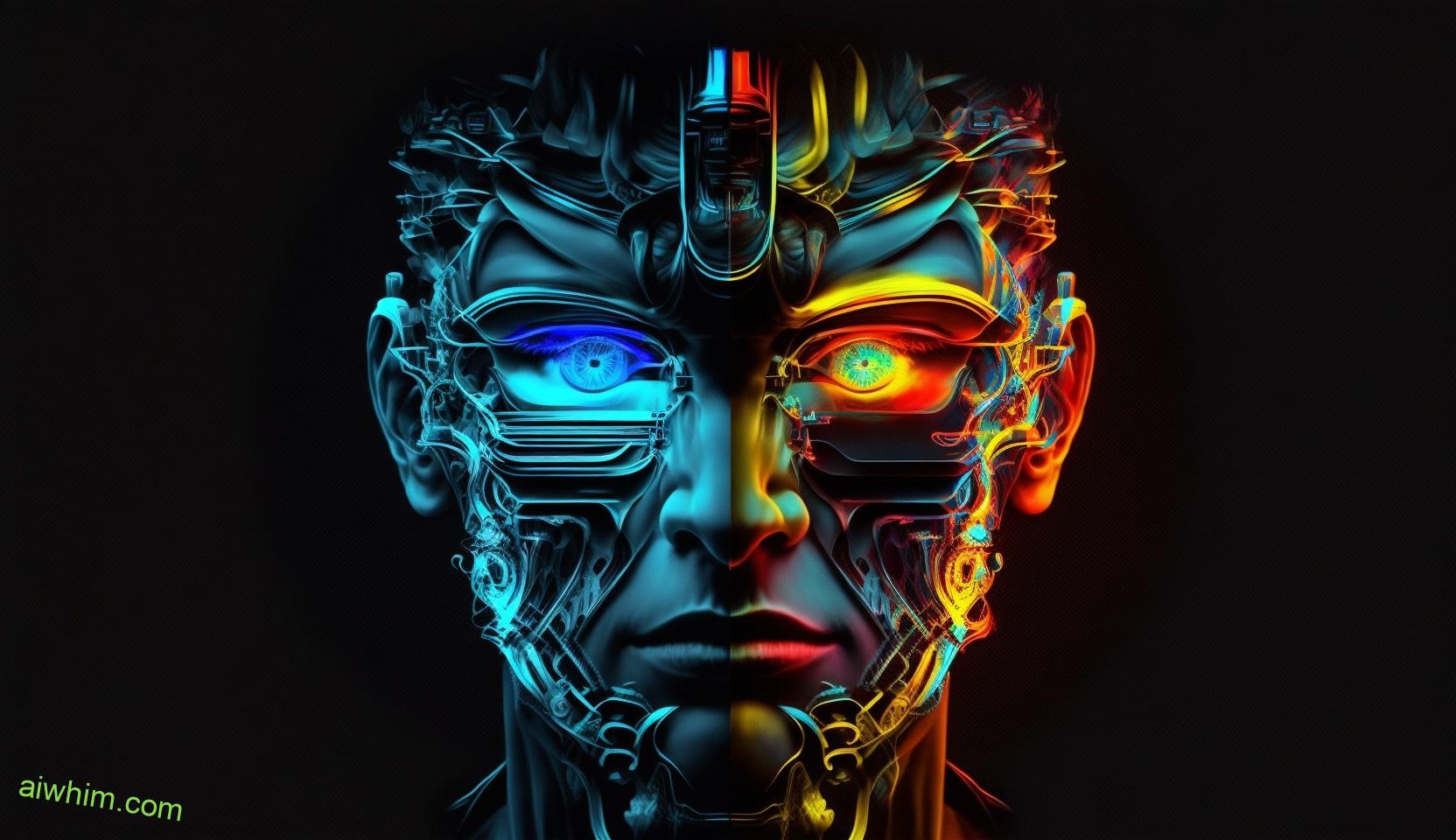
AI Tools and Their Potential to Enhance Social Work Practice
You should explore the potential of AI tools to enhance social work practice. AI tools have the power to revolutionize the way social workers conduct research and make policy decisions. Here are five reasons why you should embrace AI tools in your social work practice:
- AI tools can analyze large amounts of data quickly and accurately, allowing you to make informed decisions based on evidence-based research.
- AI tools can help identify patterns and trends in social issues, enabling you to develop effective interventions and policies.
- AI tools can automate routine administrative tasks, giving you more time to focus on direct client care and advocacy.
- AI tools can enhance communication and collaboration among social workers, enabling you to work more efficiently and effectively as a team.
- AI tools can improve the accuracy and fairness of decision-making processes, reducing the potential for human bias and discrimination.
By incorporating AI tools into your social work practice, you can harness the power of technology to enhance your ability to make a positive impact on the lives of individuals and communities. AI tools have the potential to revolutionize social work research and policy-making, empowering you to make more informed decisions and develop effective interventions.
Embracing AI tools can help you work more efficiently and effectively, allowing you to focus on what truly matters – advocating for freedom, justice, and equality for all. So, don’t hesitate to explore the potential of AI tools in your social work practice and embrace the opportunities they offer.
Together, we can create a better and more inclusive society.
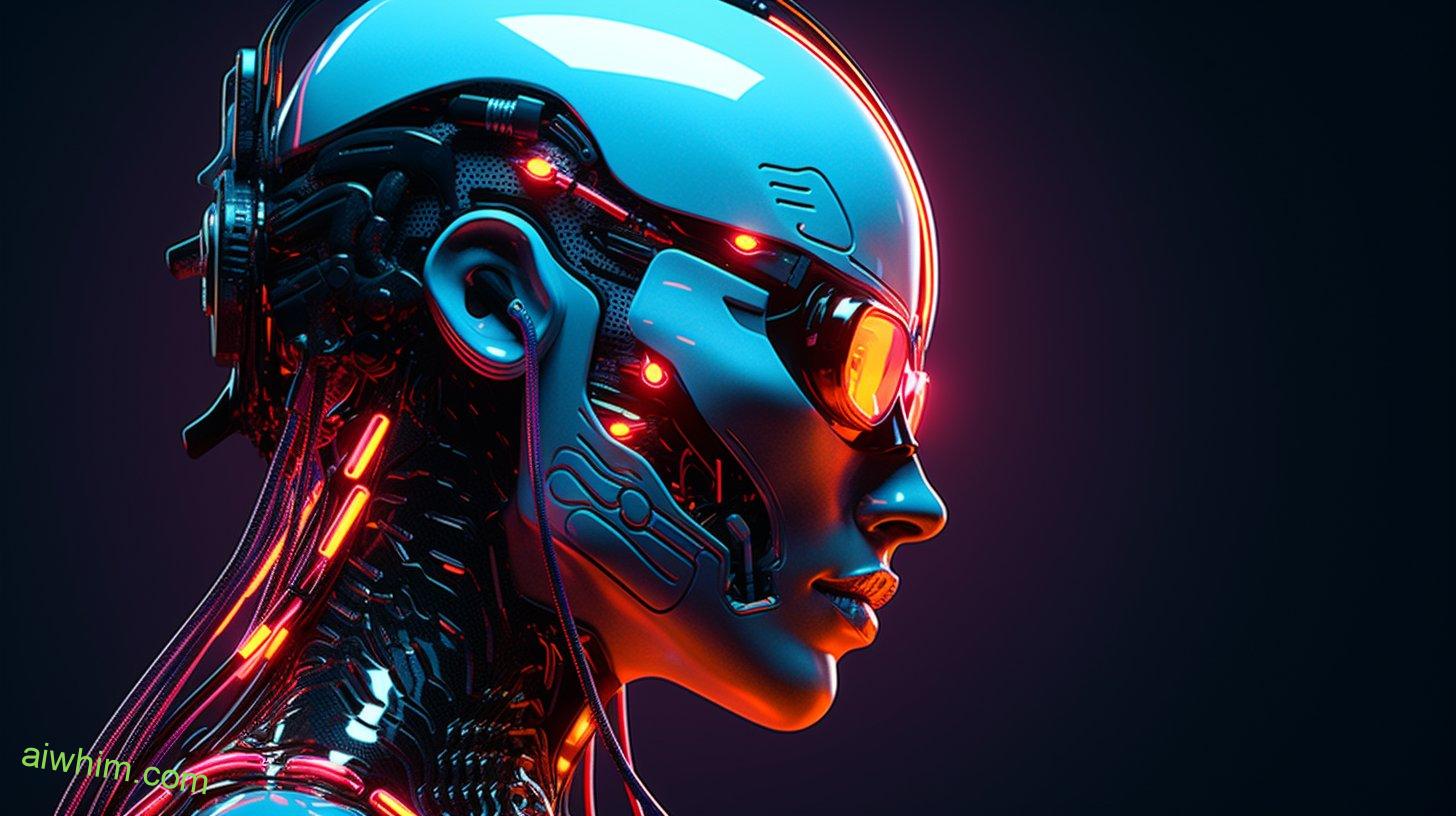
Addressing the Fear of Job Loss in the Era of AI
Don’t let the fear of job loss deter you from exploring the opportunities that AI brings in the era of automation. It’s true that technological advancements, like artificial intelligence (AI), have raised concerns about job security. However, it’s important to remember that AI can also create new possibilities and open up new career paths.
| Pros of AI in Job Market | Cons of AI in Job Market |
|---|---|
| Automation of mundane tasks | Potential job loss |
| Increased efficiency and productivity | Need for upskilling and retraining |
| Creation of new job roles | Dependence on technology |
| Enhanced decision-making | Ethical concerns |
| Improved customer service | Lack of human touch |
AI has the potential to automate repetitive and mundane tasks, allowing workers to focus on more meaningful and complex work. This can lead to increased efficiency and productivity in various industries. Additionally, AI can create new job roles that require the skills to develop, maintain, and utilize AI systems.
While concerns about job loss are valid, they can be mitigated by adapting to the changing landscape. Upskilling and retraining programs can equip workers with the necessary skills to thrive in an AI-driven world. By embracing technological advancements, individuals can enhance their job security and stay relevant in the evolving job market.
It’s important to note that AI should not completely replace human interaction and empathy. The human touch is crucial in certain fields, such as social work, where personal connections and understanding are essential. AI can complement these professions by automating certain tasks, allowing professionals to focus on building relationships and providing personalized support.

The Role of Human Connection in Social Work and AI
Embrace the potential of AI in social work while recognizing the irreplaceable role of human connection and empathy. As technology continues to advance, it’s important to consider the impact it has on our ability to connect with others on a human level. While AI can provide valuable tools and resources to enhance the efficiency of social work, it’s crucial to remember that empathy and human connection are at the heart of this profession.
- Empathy: The ability to understand and share the feelings of another is a fundamental aspect of social work. AI may be able to analyze data and provide recommendations, but it can’t replicate the genuine empathy that a human social worker can offer.
- Trust: Building trust is essential in the field of social work. Clients need to feel heard, understood, and supported, and this trust is built through personal connections and meaningful conversations. AI lacks the ability to establish this trust in the same way.
- Complexity: Human experiences are nuanced and complex, and social workers are trained to navigate these intricacies. While AI can provide data-driven solutions, it may struggle to understand the unique circumstances and emotions that individuals face.
- Ethics: Social work involves making ethical decisions that prioritize the well-being of individuals and communities. AI, on the other hand, operates based on algorithms and may not always align with the ethical principles of social work.
- Advocacy: Social workers often serve as advocates for vulnerable populations, fighting for their rights and well-being. AI may not have the same level of passion and dedication to social justice causes.

Unveiling the Myths and Realities of AI in Social Work
Let’s explore three myths and realities surrounding the use of AI in social work. There are many misconceptions about the impact of AI on the role of social workers, but it’s important to examine these myths and understand the actual benefits that AI can bring to the field.
Myth #1: AI will replace social workers.
Reality: AI can’t replace the human connection and empathy that social workers provide. While AI can assist in gathering and analyzing data, it can’t fully understand the complexities of human emotions and experiences. Social workers play a crucial role in providing support, guidance, and advocacy that AI simply can’t replicate.
Myth #2: AI will lead to job loss for social workers.
Reality: AI can actually enhance the work of social workers. By automating routine tasks such as data entry and paperwork, AI can free up more time for social workers to focus on direct client interactions and providing personalized care. AI can also assist in identifying patterns and trends in data, helping social workers make more informed decisions and interventions.
Myth #3: AI is biased and discriminatory.
Reality: While AI systems can inherit biases from the data they’re trained on, it’s important to recognize that bias is a human issue, not an AI issue. Social workers can work alongside AI systems to ensure fairness and equity. By continuously monitoring and refining AI algorithms, social workers can mitigate bias and ensure that AI is used in an ethical and inclusive manner.

AI and Social Work: Finding a Balance Between Automation and Human Touch
You can find a balance between automation and the human touch in social work by utilizing AI as a tool rather than a replacement. In a world where automation challenges our sense of individuality and connection, it’s crucial to embrace technology while preserving our humanity. Here are five reasons why incorporating AI as a tool can empower social workers and enhance their impact:
- Efficiency without losing empathy: AI can automate mundane tasks, freeing up time for social workers to focus on building meaningful relationships with clients. It allows them to handle administrative work more efficiently while still providing the human touch that’s essential in social work.
- Enhanced decision-making: AI can analyze vast amounts of data and provide valuable insights to aid social workers in making informed decisions. It complements their expertise and helps them better understand complex cases, leading to more effective interventions.
- Improved accessibility: AI-powered chatbots and virtual assistants can provide 24/7 support, ensuring that individuals in need can access help whenever they require it. This level of accessibility is crucial, especially for those who may be hesitant to seek traditional social work services.
- Targeted interventions: AI algorithms can identify patterns and trends in data, enabling social workers to intervene proactively and address potential issues before they escalate. This targeted approach allows for more personalized and effective interventions, ultimately improving outcomes for clients.
- Collaboration and knowledge sharing: AI can facilitate collaboration among social workers by providing a platform for sharing best practices, resources, and expertise. It enables a networked approach where professionals can learn from each other, strengthening the collective knowledge and impact of the social work community.

The Importance of Advocacy and Social Justice in an AI-Driven World
Advocating for social justice becomes even more crucial in an AI-driven world, as it allows us to address the potential biases and inequalities that can arise from automated decision-making processes. In this rapidly evolving technological landscape, the challenges of advocating for social justice and addressing social justice concerns are becoming increasingly complex. As AI systems become more integrated into our daily lives, it’s important to recognize the potential for these systems to perpetuate existing biases and inequalities.
One of the key challenges in advocating for social justice in an AI-driven world is the lack of transparency surrounding these technologies. AI algorithms are often developed by private companies, and the inner workings of these algorithms are often kept secret. This lack of transparency makes it difficult to identify and address any biases that may be present in the decision-making processes of AI systems. Additionally, the use of AI in areas such as hiring, criminal justice, and social services raises concerns about the potential for discriminatory outcomes, as these systems may inadvertently reinforce existing biases.
Another challenge in advocating for social justice in an AI-driven world is the potential for AI to exacerbate existing inequalities. AI systems are often trained on large datasets, which can be biased and reflective of existing social inequalities. If these biases aren’t adequately addressed, AI systems can perpetuate and even amplify discrimination and inequality. For example, AI algorithms used in predictive policing have been shown to disproportionately target communities of color, leading to increased surveillance and harassment.
In order to address these challenges and ensure social justice in an AI-driven world, it’s crucial to advocate for greater transparency and accountability in the development and deployment of AI systems. This includes demanding access to information about how these systems work, and pushing for regulations that promote fairness and equality. Additionally, it’s important to actively work towards diversifying the AI workforce to ensure that a range of perspectives are represented in the development of these technologies.
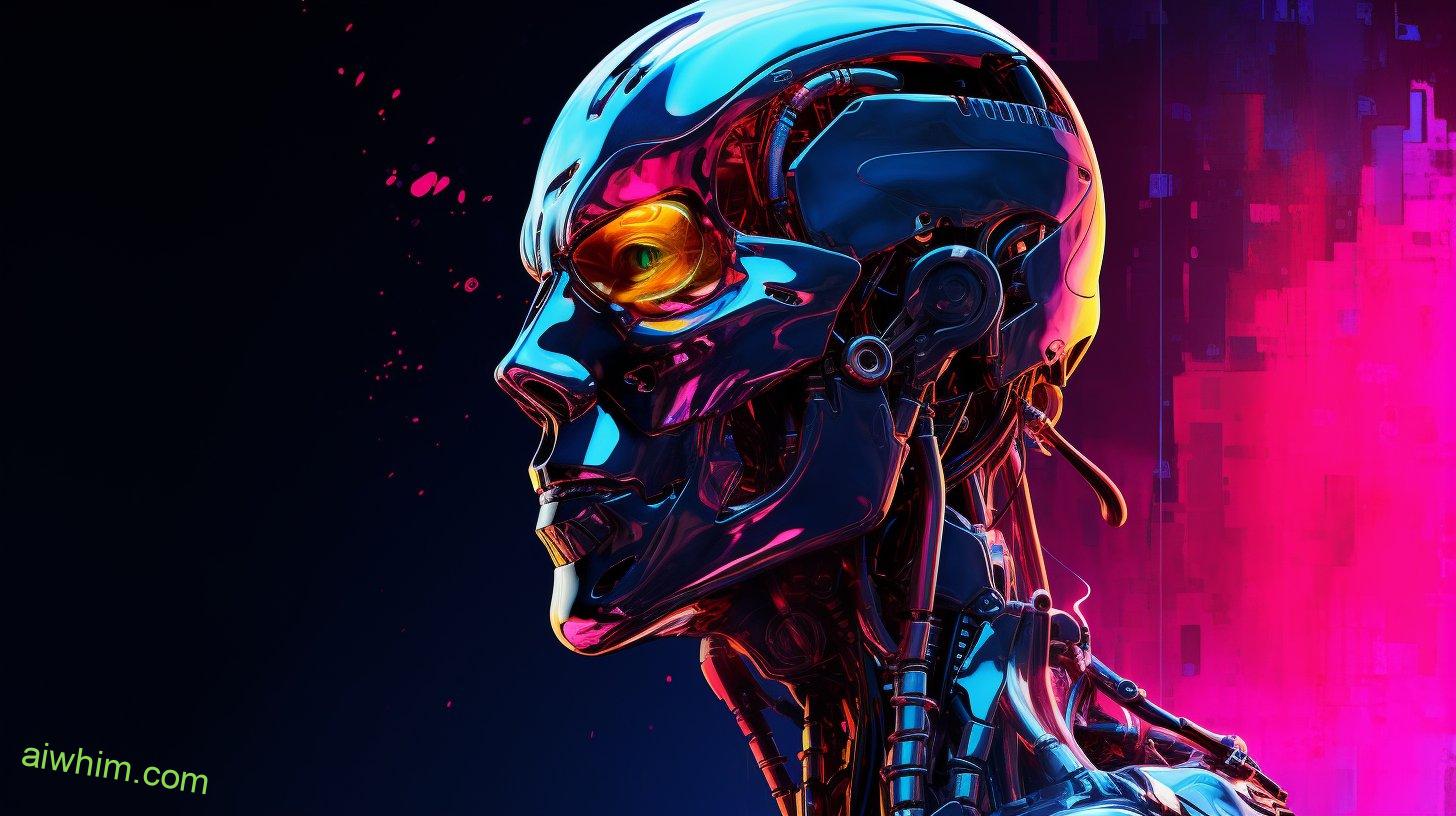
Ensuring Equity and Inclusion in AI-Enabled Social Work Practices
How can we ensure equity and inclusion in AI-enabled social work practices, and what role does transparency play in achieving this?
In the rapidly evolving world of artificial intelligence, it’s crucial to prioritize equity and inclusion in social work practices. Transparency plays a pivotal role in achieving this goal, as it allows us to identify and address biases or discrimination embedded within AI algorithms. Here are five key points to consider:
- Accountability: Hold AI developers and companies accountable for creating equitable algorithms by implementing strict guidelines and regulations. This ensures that AI systems are designed to promote fairness and inclusivity, rather than perpetuating existing biases or discriminations.
- Representation: Ensure diverse representation in the creation and testing of AI algorithms. This will help prevent algorithmic biases that may disproportionately impact marginalized communities.
- Continuous Assessment: Regularly assess AI systems to identify any bias or discrimination that may have been inadvertently introduced. Implementing a feedback loop with affected communities can provide valuable insights and help rectify any issues.
- Transparency: Demand transparency from AI developers and companies regarding the data sources, methodologies, and decision-making processes used in their algorithms. This enables social workers and the wider community to understand how AI systems are making decisions and to identify any potential biases.
- Ethical Guidelines: Develop and enforce ethical guidelines for the use of AI in social work practices. These guidelines should prioritize the well-being and autonomy of individuals, ensuring that AI interventions don’t infringe upon their rights or perpetuate harmful practices.

As social workers, it’s essential to navigate the future by preparing ourselves for an AI-powered world. The integration of artificial intelligence (AI) into our field presents both future challenges and opportunities.
AI has the potential to revolutionize social work practice, improving efficiency, accuracy, and access to services. However, it also raises concerns about job security and the impact on client-worker relationships.
One of the future challenges we face is adapting to the changing nature of our roles. AI technology can assist us in tasks like data analysis and decision-making, allowing us to focus more on direct client care. However, this shift requires us to develop new skills and enhance our technological literacy. We must embrace the use of AI as a tool rather than seeing it as a threat to our profession.
AI integration also brings up concerns about ethics and equity. As social workers, we strive for social justice and advocate for marginalized populations. It’s crucial to ensure that AI algorithms are designed with fairness and inclusivity in mind. We must actively participate in the development and regulation of AI systems to prevent biases and discrimination.
While the future may seem uncertain, it’s important to remember that we have the power to shape it. By actively engaging in discussions about AI integration and advocating for ethical practices, we can ensure that technology serves the best interests of our clients and upholds the values of social work.
Together, we can navigate the challenges and opportunities presented by an AI-powered world, always keeping the freedom and well-being of our clients at the forefront of our decisions.

Frequently Asked Questions
What Are the Concerns Surrounding AI in Social Work?
Concerns surrounding AI in social work include ethical implications, job displacement, and potential bias. The impact of AI on social work is still evolving, but it is important to address these concerns to ensure the well-being of both workers and clients.
How Does AI Impact Client Assessment and Treatment in Social Work?
AI in social work impacts client assessment and treatment. It can enhance privacy protection and detect biases, but there are concerns. Stay informed about the changing landscape to ensure your freedom and the best care possible.
What Ethical Considerations Should Be Taken Into Account in AI-Driven Social Work Practices?
When considering ethical implications in AI-driven interventions, it’s important to take into account the potential impact on client autonomy and privacy. Balancing technological advancements with human values is crucial for social work practices.
How Does AI Potentially Affect Social Work Education and Training?
The integration of technology in social work education and training has had a significant impact on job prospects. AI has provided new opportunities for learning and skill development, giving you the freedom to adapt and thrive in a changing profession.
How Can Social Workers Navigate the Future and Prepare for an AI-Powered World?
To navigate the future and future proof your social work skills, focus on adaptability. Embrace new technologies like AI, but also prioritize human connection. Stay informed, seek continuous learning, and advocate for ethical and equitable use of AI in social work.

Conclusion
You stand at the crossroads of a world where AI and social work intersect. As AI continues to advance, it poses both opportunities and challenges for the social work profession.
Like a delicate dance, finding the balance between automation and the human touch is crucial. Advocacy and social justice must remain at the core, ensuring equity and inclusion in AI-driven practices.
Prepare yourself, for the future is upon us, and social workers must navigate it with wisdom and adaptability.


